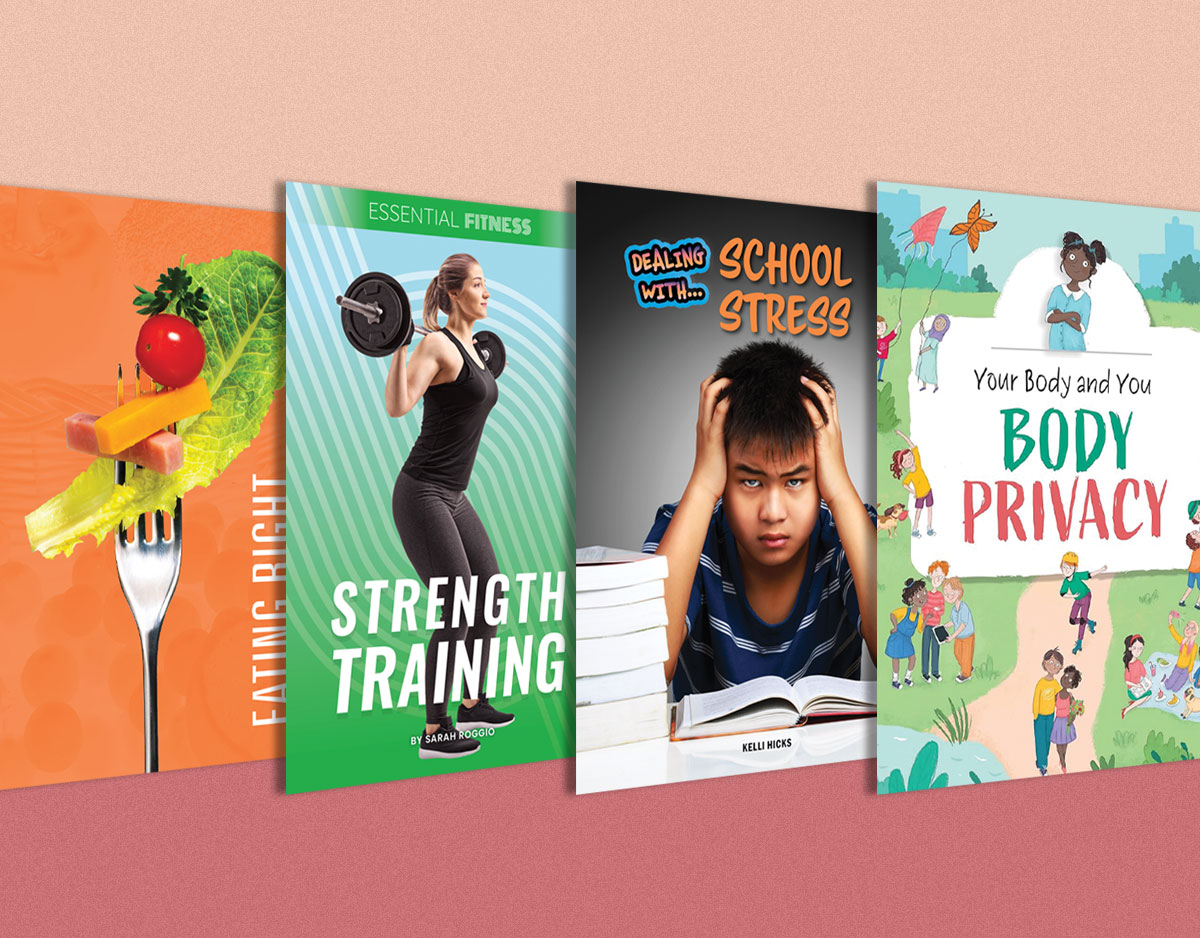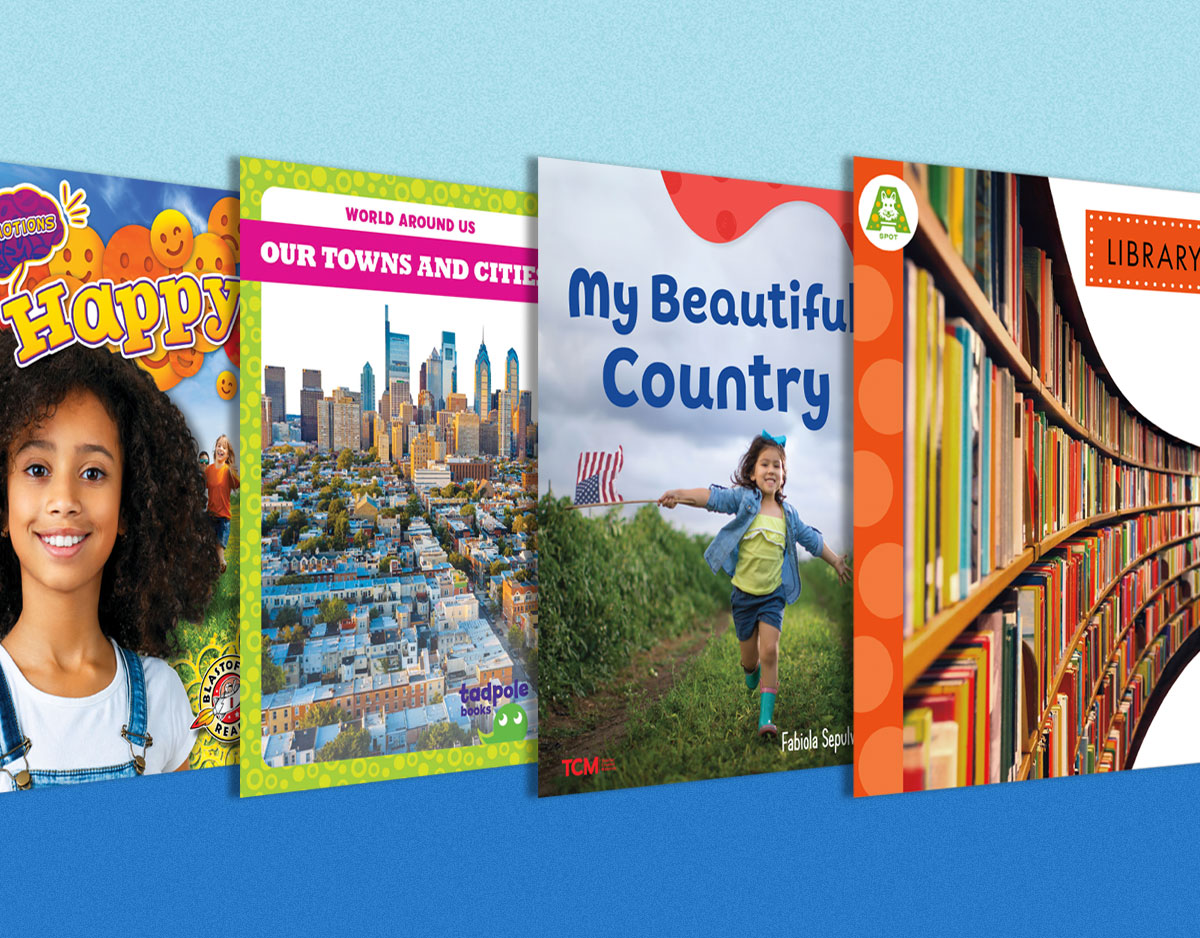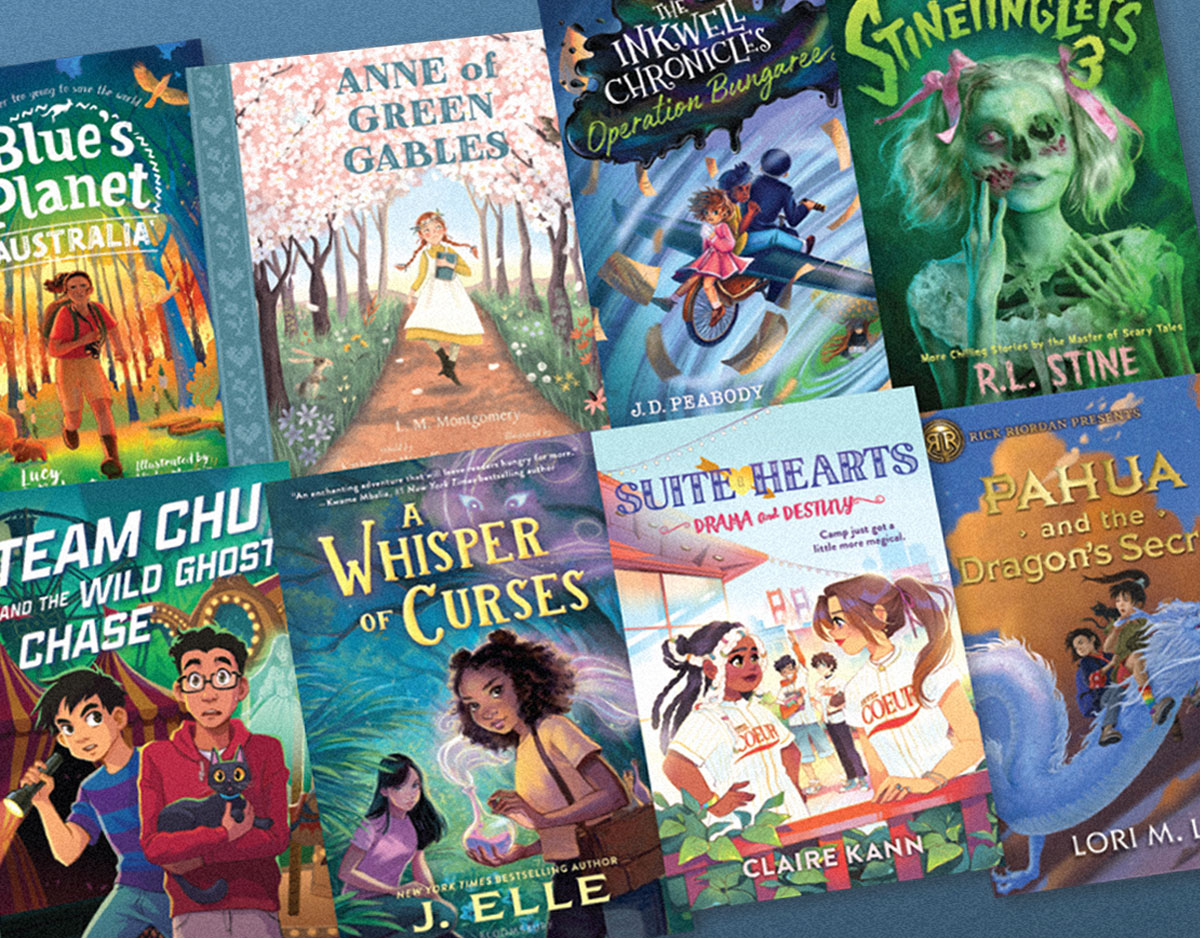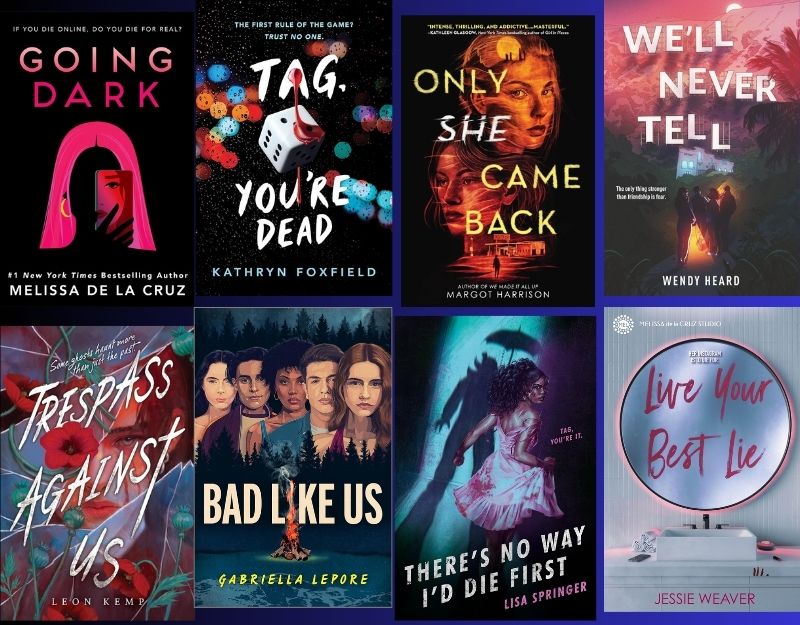Writing is Hard, and Other Authorly Secrets, a guest post by Janet Sumner Johnson

Writing is hard. Let’s just say that right up front. Opening a blank document and expecting your imagination to come up with thousands and thousands of words to fill those empty pages can feel daunting.
And I feel that way despite having chosen to make writing my career.
This is why I fully understand when students groan at another writing assignment. Yes, it will be good for them. They will learn skills that will prepare them for the “real world.” It will help them function in society. Yes, yes, yes.
ADVERTISEMENT
ADVERTISEMENT
But that doesn’t change the fact that writing is hard.
So what is the solution? Make it fun. Through research. No, seriously.
When it came time for me to write a sequel to The Winterton Deception 1: Final Word, I was scared. I’d never written a sequel before. I’d never had to write a first draft under deadline. I worried I wouldn’t be able to find those thousands and thousands of words I’d need to fill the empty pages. Plus, I felt the weight of all the research it would require. Dread settled in my chest, and I found myself looking for every excuse to procrastinate.
But the deadline still loomed. So what did I do? I made it fun. As I prepared to write The Winterton Deception 2: Fault Lines, I focused as much as I could on things that excite me. For example, I love Jane Austen, so I chose to create a mystery around an alternate history regarding her reluctant dedication to the Prince Regent.
Writing an alternate history for Jane Austen required a lot of research. I studied her history and her works. I read biographies. I read other alternate histories. I watched movies about her, and then read essays and scholarly articles about both the movies and Jane Austen. If I hadn’t loved the subject, the work would have been tedious. I can even imagine that some of you are right now thinking, “That still sounds tedious.” But for me, it was fascinating. In fact, it took effort to pull myself away from the research to actually do the writing. But writing those scenes was no longer a chore. They were fun! I was excited to share what I’d learned and couldn’t wait for others to read my work.

Another thing that excites me is creating and solving puzzles (fortunately, since this IS a puzzle mystery series!). Though codes, ciphers, brain-teasers, and riddles fascinate me, as I began planning the treasure hunt, I found myself defaulting to the same types of clues I’d used in book one. It felt tiresome and overdone.
Luckily, research can fix that. I spent time searching for new and different ways to create codes and hidden messages, and as I did, I found myself slipping down rabbit-hole after rabbit-hole. It was intriguing! I learned about codes used during war-time (not to mention the brilliant people who worked to break those codes). I learned about ciphers used by secret societies so they could remain secret. I read about clever kings and founding fathers who used complicated codes to share sensitive political information with trusted advisors and keep it out of the hands of political enemies. From decoder rings, to rebuses, to treasure maps, to acrostics, I had no idea there were so many ways to hide information. Instead of having to force myself to write section after section of tired and overused clues, I could dive into my new-found knowledge. The hardest part became choosing what type of puzzles to use—a struggle I didn’t mind. Knowledge is power, certainly, but it is also joy. And it can transform your writing experience.
As adults, it is easy to see that research is fun. But even so, kids often see it as work. In my day, when a teacher mentioned “research,” my brain pictured a tiresome job of digging through dusty old books and encyclopedias. Today it might mean staring at a boring computer screen with a bunch of words. But research doesn’t always come from books. For example, because I love competition, I built the family get-together in Fault Lines around a series of competitions.
My research involved some reading, yes—like the rules of hopscotch—but it also involved hands-on research of Mario Kart. Did I force my family to race in countless rounds of Mario Kart with me? Yes. Yes, I did. And did I impress my kids with my skills? No. No, I did not. But that didn’t matter. It was still a blast! And all the while I was taking notes and transforming my dread of writing into excitement.

Research is more than reading. It is doing, and experimenting, and involvement. It is talking to people. It is listening. It is immersing yourself in an experience. Going to a toy store can be research. Playing baseball or soccer or football can be research. Eating a taco or even making cookies can be research. The options are limitless! And the amazing thing about research is that it can take a mundane experience and make it exciting. It can change your perspective on something you’ve done a million times. And suddenly the learning, or the writing, or the sharing is something to look forward to.
When I feel stuck in my writing, when I find myself dreading the work of it . . . that’s when I know it’s time to find something that excites me and do a little research. Because if I’m bored, if I dread writing on the subject, how can I expect my readers to feel any differently?
When we write, research, and even read about things that truly excite us, the job is suddenly fun. In fact, it’s no longer a job. It is a joy.
And our readers can feel that.
Meet the author

Janet Sumner Johnson writes both picture books and middle grade novels. Her debut picture book, Help Wanted: Must Love Books, was the winner of the 2021 CLEL BELL Read Award and was nominated for the Children’s Choice Book Awards in Colorado and Washington. The first book of her middle grade mystery series, The Winterton Deception: Final Word (2023) received starred trade reviews from Kirkus, Publisher’s Weekly, and Booklist, was named a Best Book of the Year by Kirkus (2023), and was nominated for state awards in New Hampshire and Maine. Her next book, The Winterton Deception 2: Fault Lines, releases in November (2024). She lives in Utah with her husband, three kids, and her dog. Visit her online at janetsumnerjohnson.com.
Socials links:
Website: http://janetsumnerjohnson.com/
Twitter: https://twitter.com/MsVerbose
Instagram: https://www.instagram.com/janetsumnerjohnson/
Facebook: https://www.facebook.com/janetsumnerjohnson/
Bluesky: https://bsky.app/profile/janetsumnerjohnson.bsky.social
About The Winterton Deception 2: Fault Lines
A kidnapping, a clue hunt, lots of family tension, and a literary find for the ages weave together in the thrilling second book of the Winterton Deception. Perfect for fans of Knives Out, The Inheritance Games, and The Westing Game.
ADVERTISEMENT
ADVERTISEMENT
After the incredible events of the last official Winterton Bee, Hope and Gordon Smith have discovered that having an extended family isn’t so bad . . . and maybe their famous relatives’ lives aren’t so charmed. But Hope is still hiding a secret, and it’s a big one.
When Elizabeth Springer goes missing just before the Winterton’s big Thanksgiving celebration—their first reunion since the spelling bee—Hope knows it’s time to come clean. Her secret may be the only thing that can save Ms. Springer. But none of the Winterton clan want to hear it. Worse, they accuse Hope of making up the whole thing as an attention-grab.
Poised to give up on her new-found family, Hope gets a cryptic coded letter with instructions on how to find James Winterton—her long-estranged grandfather. Whatsmore, the letter hints that the Wintertons had more secrets than just a hidden treasure. Now Hope and Gordon face the impossible task of convincing their family to follow a shifty clue to find the man they want to see least, in order to save the woman who’s been lying to them for years.
With even more family intrigue and peppered with delicious literary what-ifs, the second installment in the middle grade The Winterton Deception series delivers another twisty, electric puzzle mystery young sleuths will eagerly devour.
ISBN-13: 9781645952053
Publisher: Holiday House
Publication date: 11/12/2024
Age Range: 8 – 12 Years
Filed under: Guest Post
About Amanda MacGregor
Amanda MacGregor works in an elementary library, loves dogs, and can be found on BlueSky at @amandamacgregor.bsky.social.
ADVERTISEMENT
ADVERTISEMENT
SLJ Blog Network
One Star Review, Guess Who? (#214)
Publisher Preview: Levine Querido (Spring/Summer 2025)
Yahgz Vol. 3: The Mystic Orb | News
Goodbye for now
When Book Bans are a Form of Discrimination, What is the Path to Justice?
ADVERTISEMENT







